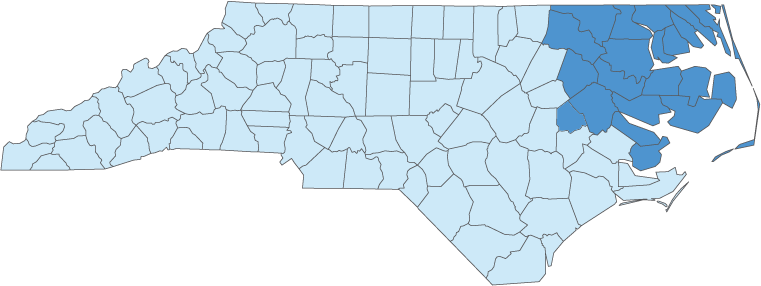In order to support workforce development within the health departments, the NENCPPH formed a taskforce to identify needs and strategies to address those needs. The taskforce reviewed and tweaked survey assessment tools. The resulting assessment was shared with the health departments in the NENCPPH, and completed by all levels of staff. From the survey a few major areas of training needs were identified, including stress management, team building, conflict management, and leadership skills.
In order to address the training needs, …
Read More
